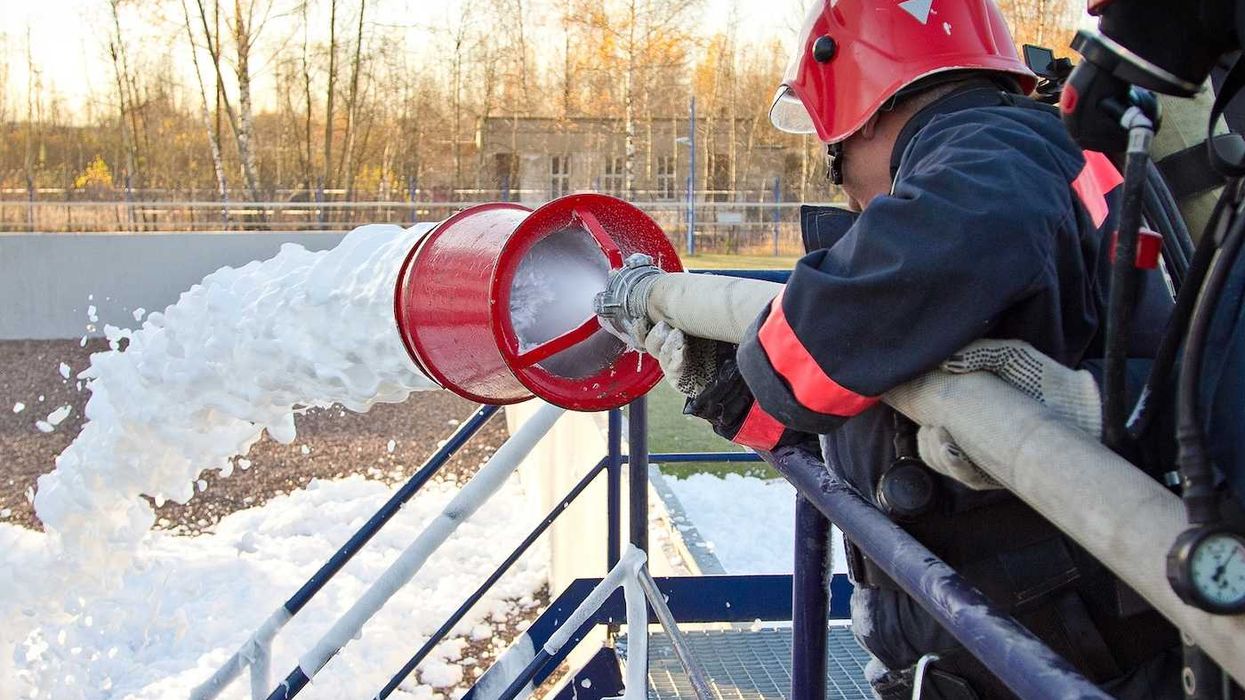People exposed to traffic-related air pollution over many years may face an increased risk of developing meningiomas, a typically non-cancerous but potentially harmful brain tumor.
Gabriela Galvin reports for Euronews.
In short:
- A 21-year study of nearly four million adults in Denmark found higher rates of meningioma among people with prolonged exposure to air pollution.
- The greatest risks were tied to ultrafine particles from vehicle exhaust and other combustion sources, which may reach the brain by crossing the blood-brain barrier.
- Researchers did not find a strong link between air pollution and more aggressive brain tumors, such as gliomas, and acknowledged limitations in their data.
Key quote:
“While research on the health effects of ultrafine particles is still in its early stages, these findings point to a possible link between traffic-related ultrafine particle exposure and the development of meningioma.”
— Ulla Hvidtfeldt, senior scientist at the Danish Cancer Institute and an author of the study
Why this matters:
Air pollution is associated with heart and lung disease, but growing evidence suggests it may also pose a threat to brain health. Ultrafine particles from car exhaust, industrial emissions, and other urban sources are small enough to breach the blood-brain barrier and may trigger inflammation or damage tissue. Meningiomas are usually benign but can still cause serious problems depending on their size and location, such as seizures or vision loss. The link between pollution and brain tumors raises new concerns for public health, particularly in urban areas where millions are exposed to traffic emissions daily.
Related: Air pollution in Beirut linked to rising cancer cases due to reliance on diesel generators














